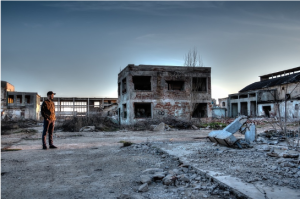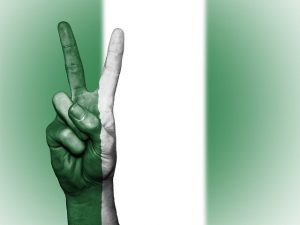

Western Balkans. The backyard of the European Union as someone said. But if it really is a backyard of the European Union, why is it so hard for the EU to maintain its influence, and what are the reasons for strong Russian influence in this region? Why is it so hard to finally have the Balkan region without threats to some kind of conflict? In all of these possible conflicts, one party is Serbia and the other is different from time to time. Croatia, Bosnia and Herzegovina, Kosovo and even Orthodox-majority Montenegro. EU is constantly trying to be the one to finally bring peace to the region but that is hardly possible because others want to be the peace-givers also, and the main problem is that Russia wouldn’t prefer the peace that is brought by the USA, NATO or EU, and vice versa, so there is a constant “diplomatic fight“ in Balkan countries. Furthermore, West wants to show that their project on the Balkan from late XX and early XXI century is still ongoing and Russia uses this conflict to justify their meddling in Ukraine, Georgia, and Crimea.




